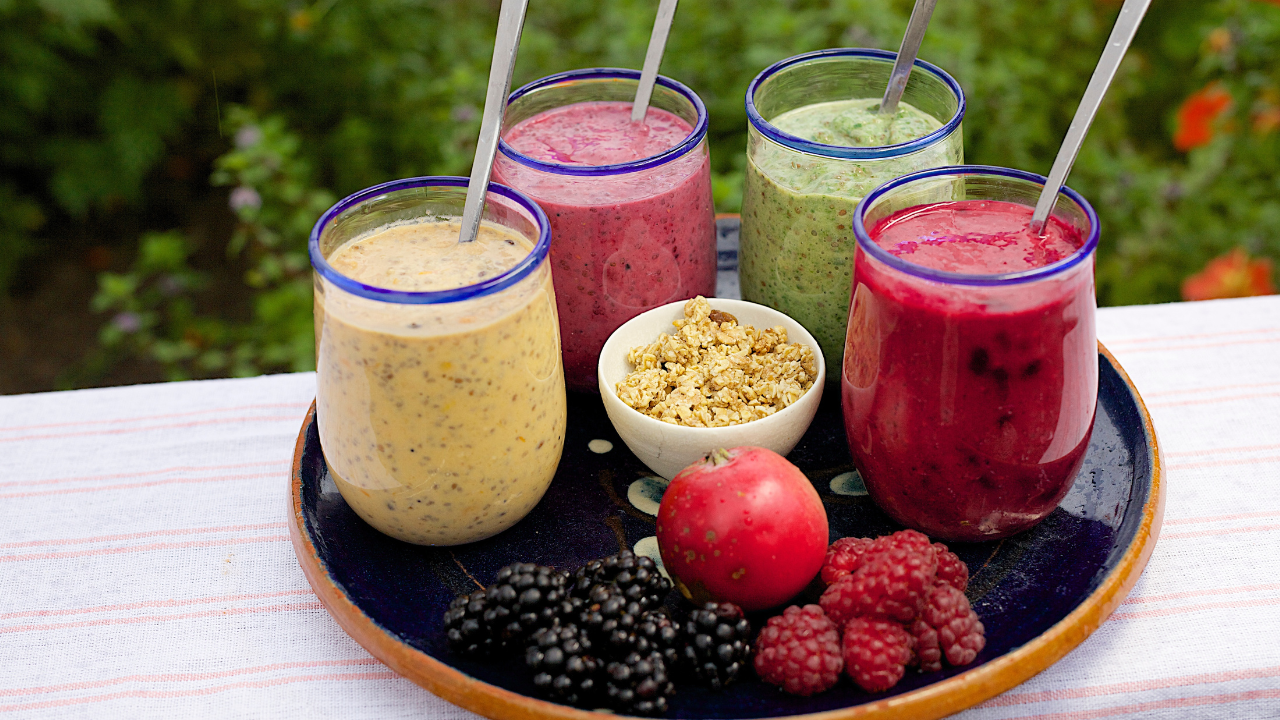Living a balanced and healthy lifestyle may appear to be a difficult puzzle, but it is more achievable than you might think. In a world where our days are filled with various commitments, making time to prioritize, our health is critical for overall well-being. Let us look at the key aspects of a balanced lifestyle that contribute to both physical and mental health.
1. Providing Your Body with a Balanced Diet
Maintaining a balanced diet is a crucial pillar of a healthy lifestyle.This involves consuming a variety of foods that provide essential nutrient like vegetables, fruits, whole grains, beens and meat.
2. Regular Physical Fitness Exercise
Exercise is important for maintaining your body's strength and resilience as well as for getting in shape. Whether it be weight training, yoga, or brisk walks, find a form of exercise you enjoy. Regular exercise not only helps with weight loss, but it also improves your mood by releasing endorphins, or "feel-good" hormones.
3. Making Mental Health a Top Priority
Mental health is just as important as physical health. Incorporate stress-relieving activities into your routine, such as meditation, mindfulness, or spending time. Make time for activities that you enjoy because they help you maintain a positive attitude. Taking breaks and getting a good night's sleep are also important in maintaining mental health.
4. Hydration for Optimal Functioning
Water is often overlooked, but it is vital to our health. Staying hydrated helps digestion, nutrient absorption, and overall bodily functions. Make it a habit to drink water throughout the day, and consider starting your day with a refreshing glass to jumpstart your metabolism.
5. Get Enough Sleep to Restore Your Energy
A healthy lifestyle begins with getting enough sleep. To allow your body and mind to recharge, aim for 7-9 hours of sleep per night. Create a relaxing bedtime routine and make sure your sleeping environment is conducive to rest.
6. Making Strong Connections
Human connections have a significant impact on our well-being. Develop relationships with friends, family, and your community. Social support is associated with improved mental health, and sharing our experiences with others enriches our lives.
7. Stress Management and Maintaining Balance
Stress is unavoidable, but how we deal with it matters. Recognize stressors and develop healthy coping mechanisms, such as exercise, meditation, or seeking help. To avoid burnout, strive for a healthy balance of work, personal life, and self-care.
To summarize, achieving a balanced and healthy lifestyle requires a holistic approach that includes physical, mental, and emotional well-being. You can unlock the secrets to a fulfilling and vibrant life by nourishing your body, staying active, prioritizing mental health, and cultivating positive relationships. ,overall health and happiness.







